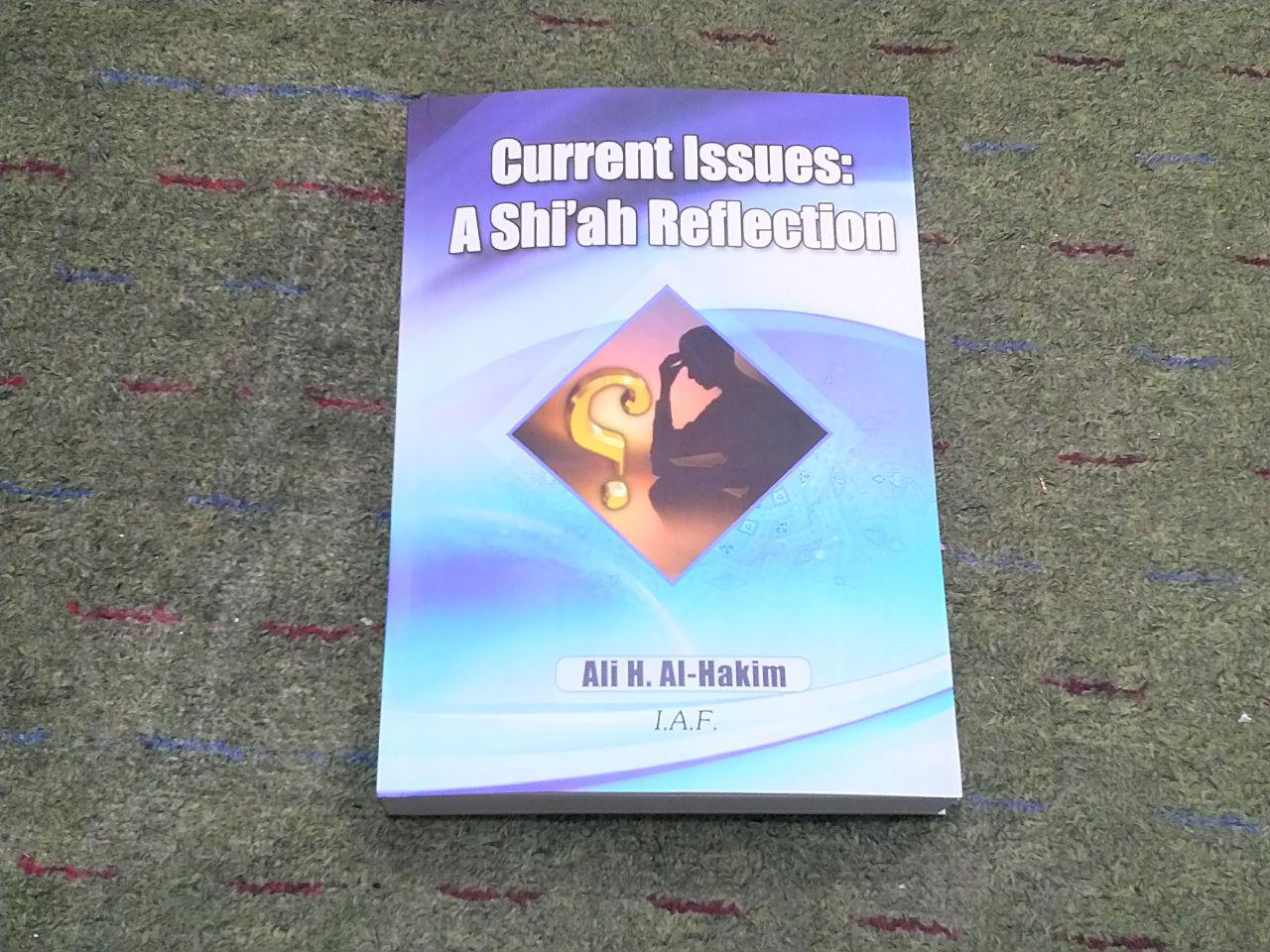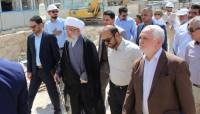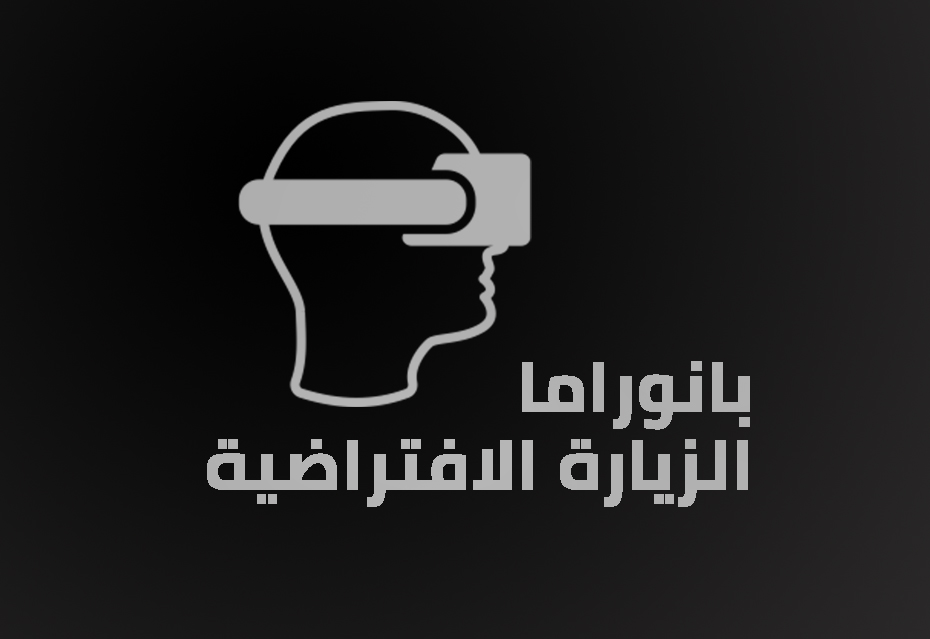Abstract
The issue of following an expert in Islamic jurisprudence and the Shari’ah Law is a practical matter that is based on commonsense. However, many assume that this matter is debatable and therefore the subject needs to be addressed and all the questions and doubts revolving around its validity, answered. In the following few paragraphs our aim is to clarify the practice, explain some of the misconceptions and answer questions regarding this rational and well-established institution.
Introduction
Taqlid literally means imitation or emulation. However, in view of the subject we are discussing, it should not be interpreted as blind following, but following the verdict of an expert in the Shari’ah Law in order to have access to the practical rulings (Furu’ ul-din) regarding a matter of contemporary life. It is of extreme importance to clarify the philosophy behind this institution, its historical roots and the need for it in our world today.
Islam is a thorough and an all-inclusive religion, which was revealed to the Prophet of Islam, Muhammad (pbuh), fourteen hundred years ago. The religion comprises of the basis of the faith, i.e. the Islamic ideology regarding the worldview, Allah and how one should perceive Hi,, Divine justice, the concept of prophethood, the spiritual and socio-political leadership (Imamah) and finally the Resurrection.
Every individual is obliged to seek knowledge and to conclude certainty and absolute faith regarding these subjects. No one is allowed to imitate or follow any individual – regardless of his or her profound knowledge – in these topics. The Quran has considered blind imitation of other in matters of ideology as reprehensible and unacceptable. Imitation in grasping other fundamental concepts is also classified under the same category.
However, there remains an entire system of issues related to everyday life and the practical rulings concerning them, such as those related to ritual purity, prayers, fasting and so on as well as rulings related to the social, economic and political spheres of society. All the laws regarding these subjects are explained within Islamic Shari’ah Law and are regulated within the framework of Islamic moral values.
The details of the Islamic rulings are found in the Islamic sources especially the sacred texts i.e. the Holy Qur’an and the Sunnah, the ahadith of the Holy Prophet (pbuh) and the Infallibles (as) as well as through consensus and intellect. Despite the fact that Islam orders its followers to learn religious teachings, guidance and precepts, it is obvious that to obtain all the religion rulings from the Qur’an and the Sunnah is not easy. Such a task is not possible for each and every individual but is rather accomplishable by a limited number of persons. To reach the level whereby somebody becomes a qualified expert (Ayatollah), able to deduce the Islamic rulings from the above-mentioned sources takes years of study and dedication.
The requirements of an individual in society are numerous and the common man would most likely be unable to enumerate them all let alone specialize in them all. However, since man performs the majority of his tasks by means of thought and will power, he needs to have adequate information in order to accomplish any decision- making process. A person would be hampered in making a satisfactory decision with insufficient information and no means of accessing the Islamic sources of legislation. Therefore, someone must be either fully qualified, themselves, in being able to deduce religious laws or he must ask someone already fully qualified and who performs his duties according to the guidance of Shari’ah Law. We instinctively consult a doctor for the treatment of our ailments, employ a civil engineer for the planning of a building, seek the help of a plumber to fix a drainage problem, hire a carpenter to make doors and windows and follow a tour guide when on holiday and visiting tourist attractions! In short, we ask and seek help from an expert in any required field. It is natural to conclude that we constantly spend our lives seeking help and guidance from others who are specialists in their fields, even for insignificant matters.
Whoever says: “I do not follow anyone in life” either does not understand the meaning of his words or is affected by a delusion. Islam, which has based its religious laws on common sense, adopts the principle that has been discussed above.
This religious instruction – to follow an expert – naturally takes the form that a group of Muslims, unable to acquire Islamic teachings and precepts through reasoning, should therefore refer to those who have deduced the Islamic rulings through proof and expert deduction.
Conclusion
Following a religious authority does not mean to blindly follow someone, who could be corrupt and unable to recognize the best for each individual; it is the best available option to maintain Islamic and perfect life standards that are based on the pure teachings of Islam.
Anyone who claims that they do not need to follow an Islamic authority, i.e. an ‘Ayatollah’, is either an ignorant misinformed person who needs to be correctly educated, or a sinister evil individual, who is fully aware of the serious consequences of misleading the youths, yet is content with giving an inappropriately false and far-fetched hope about a bright future.
-Taken from the book “Current Issues: A Shi’ah Reflection” By Ali al-Hakim.

















اترك تعليق